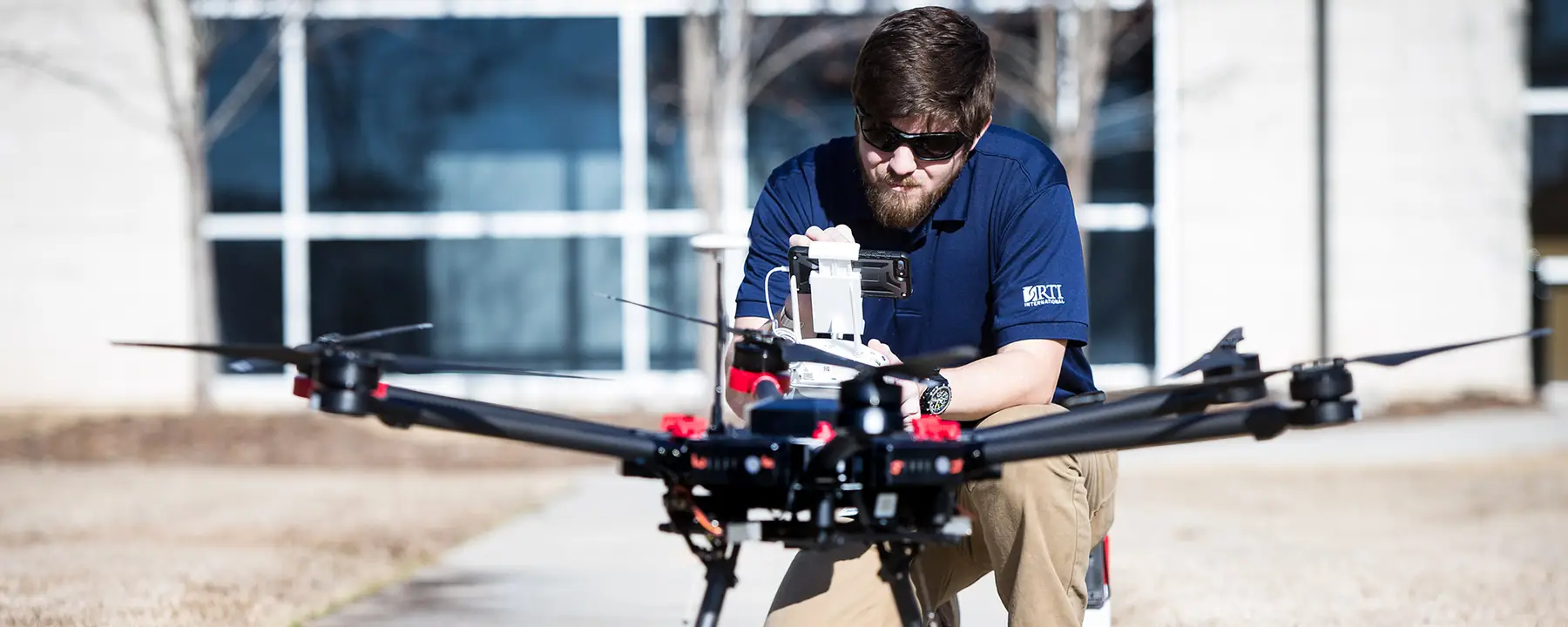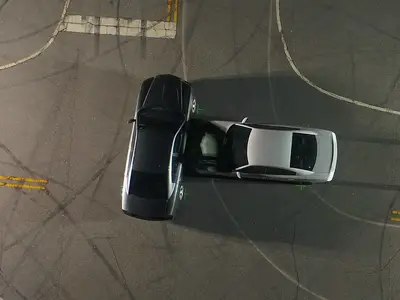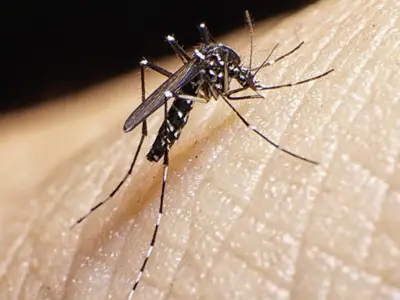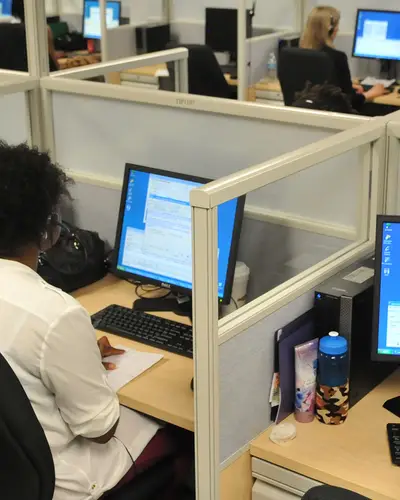Pioneering the use of unmanned aircraft in health, economic development, statistics, and other fields
Futurists consider unmanned aircraft systems—more commonly known as drones—to be a disruptive technology that will transform many industries. As drones enter the arena of applied research, RTI is committed to staying at the forefront of that transformation.
Our researchers are exploring the capabilities of the latest commercial drones, seeking ways to use them for research and projects that improve the human condition. In FAA-approved testing centers in North Carolina, we are developing solutions that align with our core research programs and contribute to research and technical assistance. Our testing efforts in Guatemala, Ireland, Italy, and Ecuador help us deploy these innovations internationally.
Past projects demonstrate how drones can contribute to a variety of fields by providing images and other data that cannot be collected in any other way. We have worked with law enforcement and other first responder agencies to use drones in crime scene investigation, crowd control, intelligence collection, transportation monitoring, search and rescue missions, and training.
We have also contributed to U.S. and international efforts to develop practical applications of drones in agricultural research and crop monitoring, 3-D mapping, biological research, and human population studies, and we are investigating the use of drones for aerial photography and mosquito surveillance to reduce the spread of the Zika and dengue viruses.
Together with colleagues and stakeholders, our researchers are working to test use cases for drones. This process helps us fine-tune our study design and evaluation before implementing drone solutions in full studies.
Drones for Social Science: Changing the Face of Survey Research
Learn about some of the ways RTI is using drones to identify and survey hard-to-reach populations.














